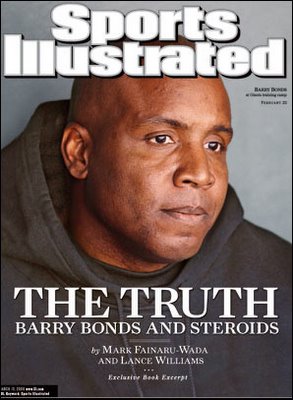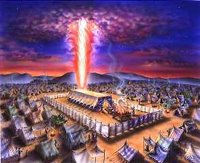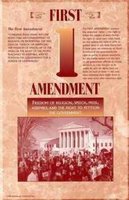 I came across this compelling Oz Guinness quote today:
I came across this compelling Oz Guinness quote today:Americans with a purely secular view of life have too much to live with, too little to live for. Everything is permitted and nothing is important. But once growth and prosperity cease to be their reason for existence, they are bound to ask questions about the purpose and meaning of their lives: Whence? Whither? Why? And to such questions secularism has no answers that have yet proved widely satisfying in practice. Few of the great thinkers of the twentieth century have remained loyal to secular humanism. Secularism in its sophisticated form rarely flourishes outside intellectual centers where the mind is the organizing center of life. In its more "popular" Marxist form, it is keeling over arthritically. The very emptiness of our secular age is its deepest spiritual significance.You might need to read that more than once. I did. And each time I read it, it made more sense than before.
It is even conceivable that our generation is standing on the threshold of a rebound of historic proportions. The collapse of the great counterreligious ideologies - Freudianism's failure to recodify the private world and Marxism's to recodify the public - clears the greatest obstacle to this possibility. Philosophical denials of faith have become affirmations that need denying. Social permissions have become constrictions from which we need liberating. Secular iconoclasms have become idols that need debunking. Moral inversions have become blind orthodoxies against which we need new heresies. Critical deconstruction has become destructiveness against which the need is to build and rebuild. Even secular humanism turns out to be, not the bogey its enemies fear, but an oxymoron its supporters regret - for secularism does not produce humanism; humanism requires, not secularism, but supernaturalism.
Oz Guinness, The American Hour: A Time of Reckoning and the Once and Future Role of Faith (New York: Free Press, 1993), p. 398.












